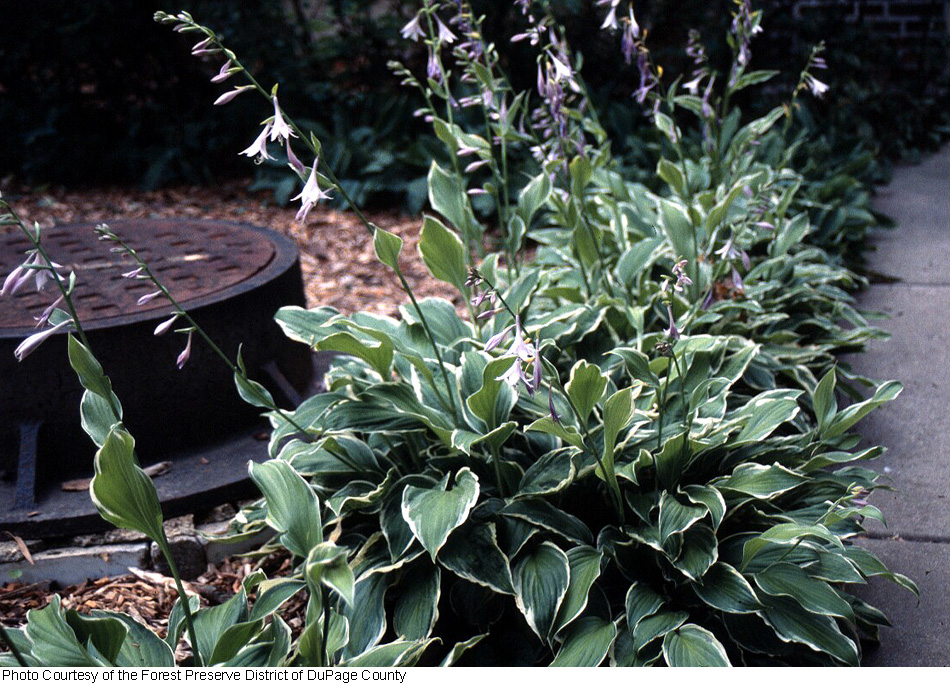Hosta
|
Family: Asparagaceae |
Hosta species delimitation has been problematic due to a long history of cultivation, hybridization, and selection, particularly in Japan, from the eighth century onwards (W. G. Schmid 1991). Hosta nomenclature is further complicated because many names are based on types of garden origin or sports originating among wild populations. Earlier taxonomic treatments were largely based on materials cultivated regionally in Japan (N. Fujita 1976), North America (L. H. Bailey 1930), Korea (M. G. Chung 1990; M. G. Chung and J. W. Kim 1991), and Europe (N. Hylander 1954). Hosta can be considered to comprise as few as 23-26 species (F. Maekawa and K. Kaneko 1968; N. Fujita 1976), or 40 or more if a stricter species concept is applied (A. Huxley et al. 1992; F. Maekawa 1940; W. G. Schmid 1991). Well over 1000 cultivars have been recorded with the International Registration Authority. Primarily used in temperate shade gardens, these cultivars feature various combinations of leaf size, shape, color, variegation, and texture (P. Aden 1988; D. Grenfell 1996, 1998; N. Hylander 1954; K. Kubitzki 1998b; W. G. Schmid 1991). While Hosta is mainly of ornamental importance economically, the leaves of some species are cooked and eaten in Korea and Japan, thus depleting local populations. Funkia, a later generic name proposed by Sprengel for these plants, is an illegitimate later homonym of Funckia Wildenow, and the family name Funkiaceae based upon it is therefore invalid (B. Mathew 1988). However, 'funkia,' from the vernacular Japanese fukurin fu, long ago passed into many European languages as another common name for Hosta.
Perianth funnelform, the tep united at base into a long tube, erect or spreading above; stamens free from the perianth in most spp.; anthers versatile; ovules numerous; style 1; stigma undivided; perennial herbs from a cluster of thick roots, producing several large, strongly ribbed, plantain-like basal lvs and an erect scape or scape-like stem bearing a terminal bracteate raceme of showy, white to blue or purple fls in summer. (Funkia) 10, China, Japan. Gleason, Henry A. & Cronquist, Arthur J. 1991. Manual of vascular plants of northeastern United States and adjacent Canada. lxxv + 910 pp. ©The New York Botanical Garden. All rights reserved. Used by permission. |

